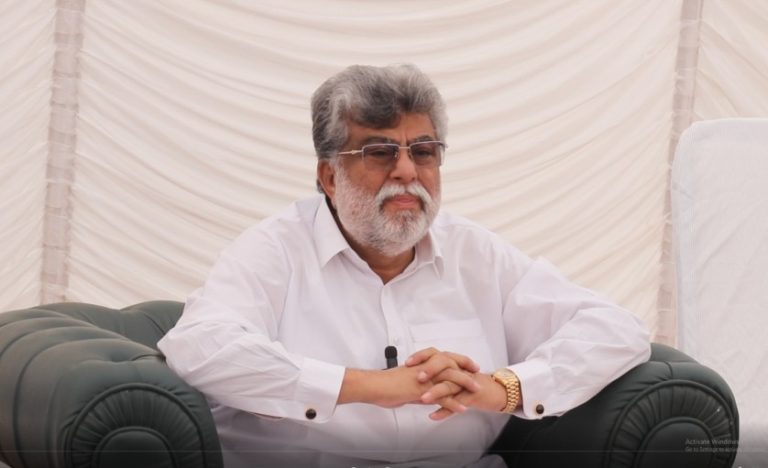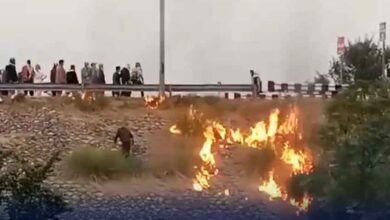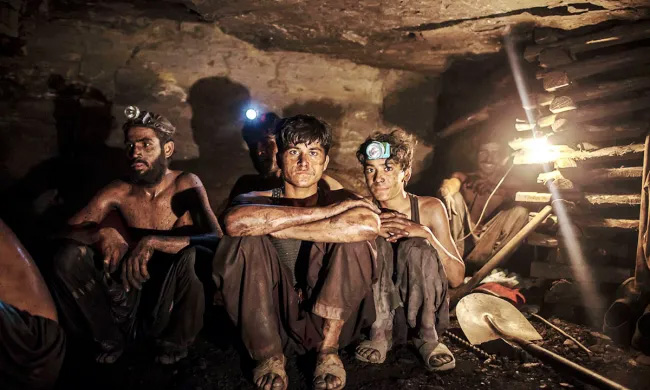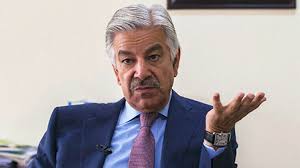Senior Politician Sardar Yar Muhammad Rind Criticizes Current State of Affairs in Balochistan

Quetta:Senior politician and former minister Sardar Yar Muhammad Rind has expressed deep concern over the dismal situation in Balochistan, urging the establishment to take notice. Speaking at a press conference at his residence in Quetta, Rind announced a gathering of the Rind tribes on November 4 in Sunni Shoran to deliberate on the future course of action.
Rind criticized the province’s governance, stating that Balochistan is being run by “contractors” and lamented the sale of ministries and positions after elections. He emphasized that the Chief Minister, as the head of the province, must take responsibility for the prevailing issues.
He expressed frustration over the apparent lack of genuine political representation, stating that individuals who previously operated simple jobs are now making decisions about Balochistan’s future. “The youth and people of Balochistan are disillusioned,” he stated, highlighting a growing detachment from parliamentary politics.
The politician noted that many are losing faith in democracy and have become disenchanted with the state’s policies. He pointed to the resignation of Sardar Akhtar Jan Mengal as a significant warning sign for political figures in the region.
Rind called for media accountability, stressing the importance of journalists, writers, and intellectuals in fostering a positive societal attitude. He condemned the treatment of women from Balochistan in Islamabad and addressed the ongoing injustices faced by the Bolan community.
He urged his constituents to unite and take action, stating that November 4 will be a critical date for deciding the direction of the Rind community. Rind criticized the political landscape, alleging that ministries are being sold and that past grievances are being ignored.
He also called on patriotic generals within the military to convene meetings to address Balochistan’s issues, suggesting that many politicians who once believed in parliamentary democracy are now withdrawing from the political process.
In closing, Rind called for a re-evaluation of government policies to protect the interests of Balochistan, asserting that the community must not remain passive and that they need to actively shape their future.






